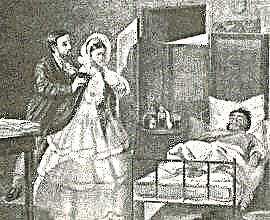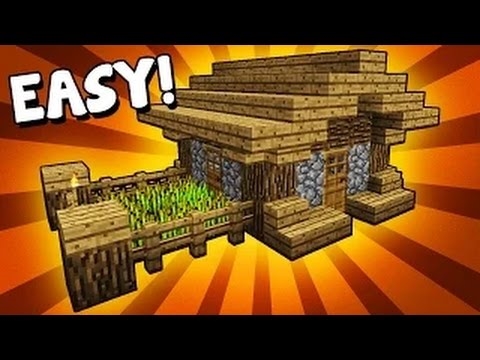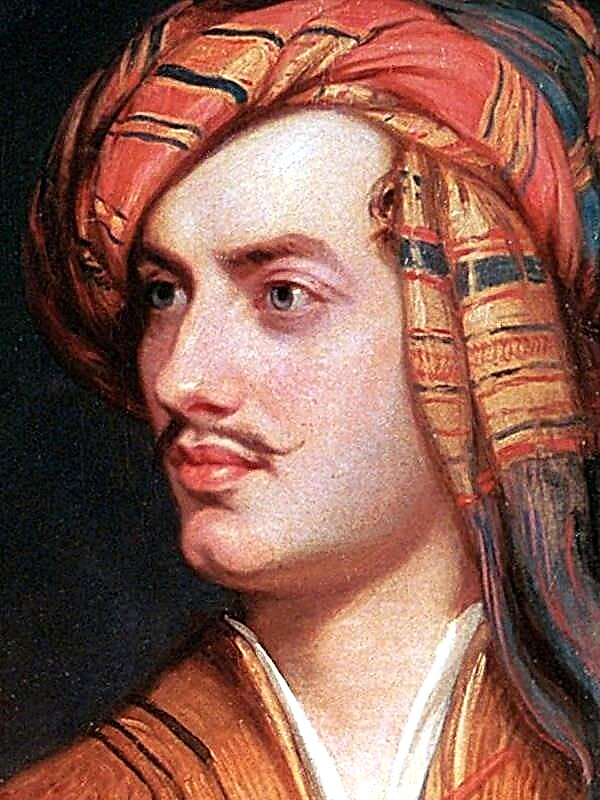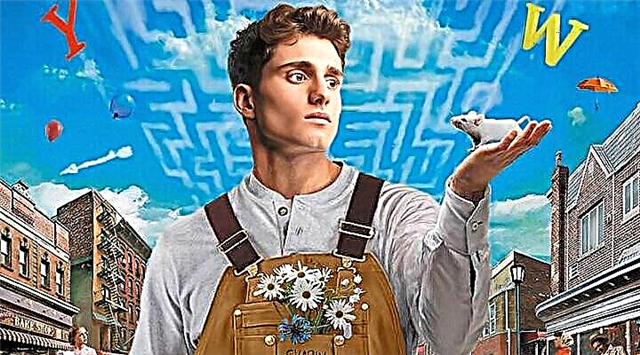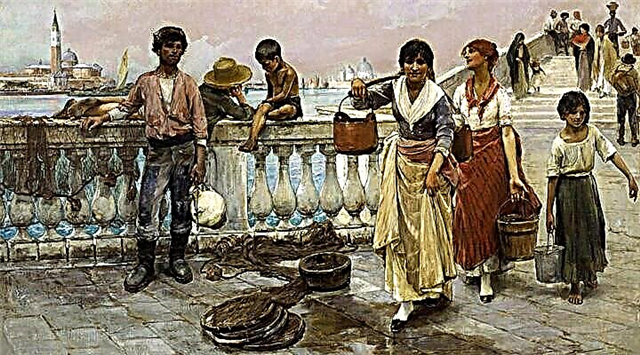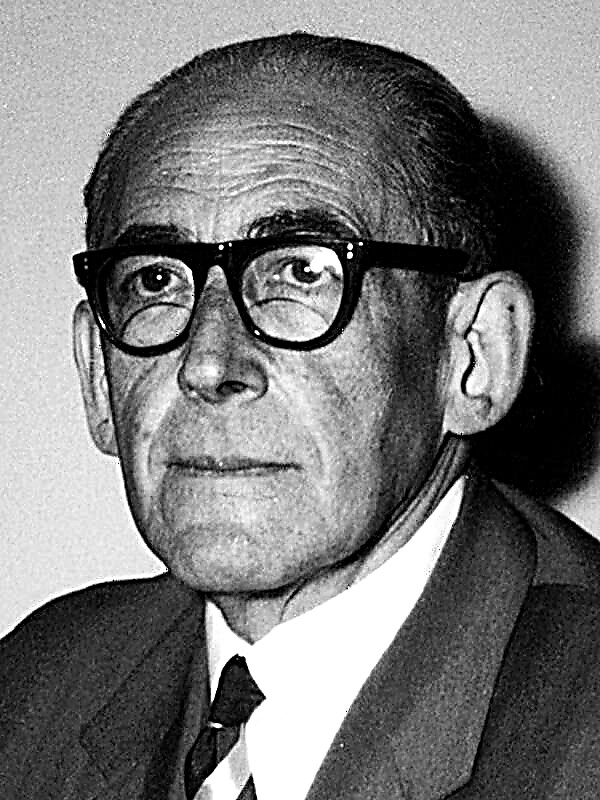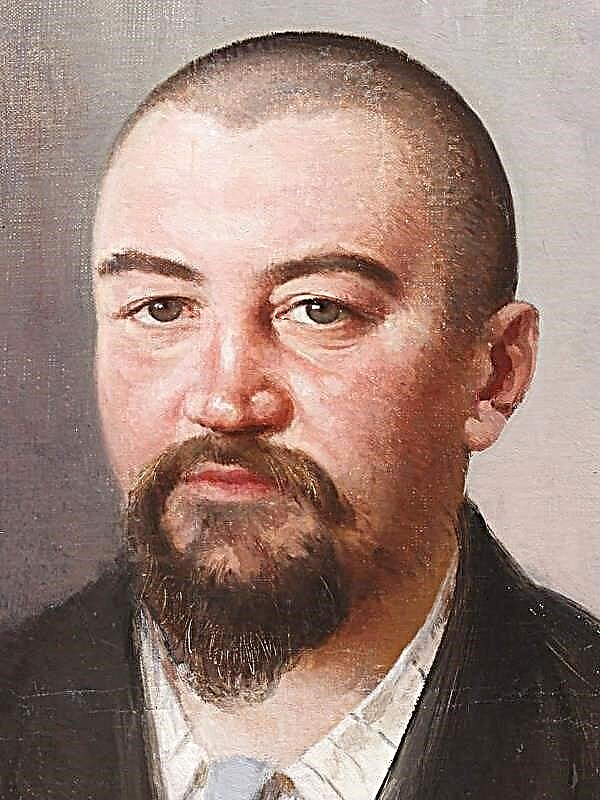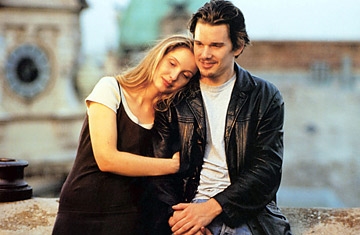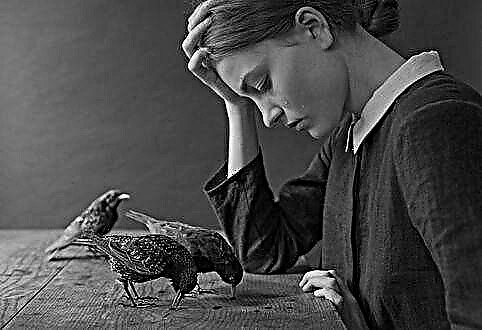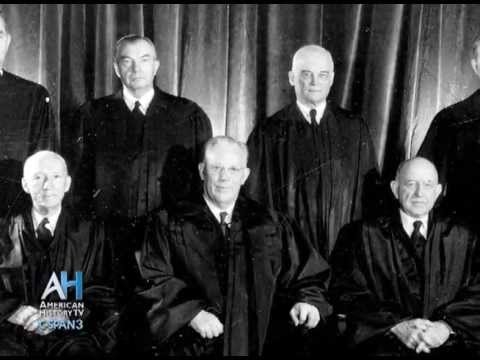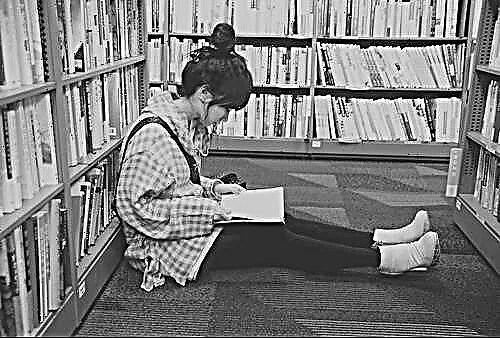: At the dawn of Soviet power, a young illiterate guy came to the ail in the Kazakh steppe and founded a school, opening a new world for local children.
The composition of the work is built on the principle of a story in a story. The initial and final chapters are reflections and memories of the artist, the middle is the story of the main character about her life. All narration is conducted in the first person: the first and last parts - on behalf of the narrator, the middle - on behalf of the academician.
The artist plans to write a picture, but so far he cannot choose a theme for it. He recalls his childhood in ail Kurkureu, in the Kazakh steppe. Before my eyes appears the main symbol of their native places - two large poplars on the hill. This bare hillock in the ail is called the "School of Duchenne." Once a Komsomol member decided to organize a school there. Now one name remains.
The artist receives a telegram - an invitation to open a new school in the aile. There he meets the pride of Curcureu - Academician Altynay Sulaimanovna Sulaimanov. After the solemn part, the director invites the collective farm activists and the academician to him. Telegrams from the former students are brought with congratulations: they were brought by Duchenne. Now he is delivering mail. Dyshen himself does not go on a holiday: you must first finish the job.
Now many with a grin recall his venture with school: he, they say, did not know the whole alphabet himself. An elderly academician blushes at these words. She hastily, the same day, leaves for Moscow. Later, she writes a letter to the artist and asks to convey her story to people.
In 1924, a young Duishen appeared in the ail and wanted to open a school. On his own, he tidies up the barn on the hill.
Altynay orphan lives in aunt's family, which is burdened by a girl. The child sees only insults and beatings. She begins to go to school. Duchenne's affectionate and kind smile warms her soul.
In the lesson, the teacher shows the children a portrait of Lenin. For Dyushen, Lenin is a symbol of the bright future of ordinary people. Altynay recalls that time: “I think about it now and wonder: how was this illiterate guy who could hardly read the syllables himself ... how could he dare to do such a truly great thing! .. Dyushen had no idea about the program and teaching methods ... Without knowing it, he accomplished a feat ... for us, Kyrgyz children, who have never been outside the borders of the ail ... suddenly opened ... an unprecedented world ... "
In the cold, Dyushen carried children on his hands and on his back fording through the ice river. The rich people, passing at such moments by in fox malachai and sheepskin coats, scornfully scoffed at him.
In winter, on the night of the teacher’s return from the volost, where he went for three days every month, the aunt drives Altynay to distant relatives - the old people Saykal and Kartanbai. At that time, Dyushen lived with them.
In the middle of the night, a "nasal, uterine howl." Wolf! And not one. Old Kartanbai understood that wolves surround someone - a man or a horse. At that moment, Duyshen appears at the door. Altynay cries behind the stove with happiness that the teacher returned alive.
In the spring, the teacher, along with Altynay, planted on the hill two "young gray-stemmed poplars." Dyushen believes that the future of the girl is in teaching, and wants to send her to the city. Altynay looks at him with admiration: "a new, unfamiliar feeling from an unknown world has risen in my chest in a hot wave."
Soon, an aunt with a red-haired man who recently appeared in their house is at school. The Red-skinned and two other horsemen beat Dyshen, who defended the girl, and Altynay was taken away by force. Aunt gave her to the second wife. At night, the red-skinned rapes Altynay. In the morning in front of the yurt, a bandaged Duyshen with policemen appears, and the rapist is arrested.
Two days later, Duchenes drove Altynay to the station - she will study at a Tashkent boarding school. A teacher who is already leaving the train, with full eyes of tears, shouts “Altynai!” As if he had forgotten to say something important.
In the city of Altynay, he studies at the labor faculty, then - in Moscow at the institute. In a letter, she confesses to Duchenne that she loves him and is waiting. On this, their correspondence ends: "I think that he refused me and himself because he did not want to interfere with my studies."
The war begins. Altynay finds out that Dyushen has left in army. There is no more news about him.
After the war, she rides a train in Siberia. In the window, Altynay sees Dyushen in the switchman and breaks the stop crane. But the woman was mistaken. People from the train think that she saw a husband or brother who died in the war and sympathize with Altynay.
Years pass. Altynay marries a good man: “We have children, family, we live together. I am now a doctor of philosophy. ”
She writes to the artist about what happened in the ail: “... it was not for me to render all sorts of honors, it was not for me to sit in a place of honor at the opening of a new school. First of all, our first teacher had such a right ... - old Duishen ... I want to go to Kurkureu and invite people to name the new boarding school “Duishen School”. ”
Impressed by the history of Altynay, the artist thinks of a picture that has not yet been written: “... my contemporaries, how can I make my plan not only reach you, but become our common creation?” He chooses which of the episodes told by the academician to depict on his canvas.

